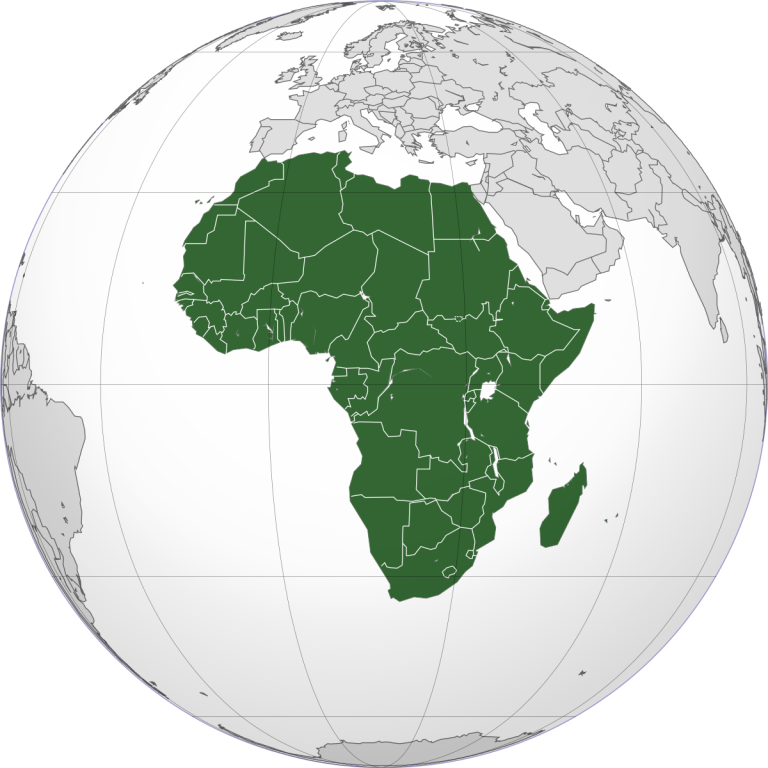In a decisive move to address a deepening health funding crisis, African heads of state, health officials, and global stakeholders gathered in Accra for the Africa Health Sovereignty Summit, unveiling a new strategy to reclaim leadership over the continent’s health future.
Hosted by Ghana’s President John Dramani Mahama, the high-level summit centered on the theme: “African Health Sovereignty in a Reimagined Global Health Governance Architecture.” It aimed to confront the dual challenges of falling external aid and unsustainable debt, both of which are threatening to roll back decades of progress in health and development.
Global aid in sharp decline
Africa’s health sector faces mounting pressure as development assistance for health has dropped by 70% since 2021. Simultaneously, many African countries now spend more servicing external debt than on health or education, according to recent reports.
Despite the Abuja Declaration goal for governments to allocate at least 15% of their annual budgets to health, over 30 African countries remain far below target—some spending as little as 5%.
These funding shortfalls have already led to setbacks in maternal and child health, HIV/AIDS prevention, immunization, and pandemic readiness.
The Accra initiative: Key outcomes
The summit produced a landmark framework known as The Accra Initiative, which outlines a new era of African-led health governance. Key components include:
- Presidential High-Level Panel: A team of African leaders tasked with creating a revised global health governance structure centered on Africa’s interests.
- The SUSTAIN Initiative: A strategy to generate sustainable, country-led health investments through domestic taxation, philanthropic partnerships, and private sector engagement.
- The Accra Compact: A guiding document endorsed by participants to promote inclusivity, resilience, leadership, accountability, and sustainable financing.
President Mahama stated:
“Africa must take charge of its health destiny—not in isolation, but through determined, coordinated action. We must reshape the rules that govern global health to reflect equity and ownership.”
Experts call for innovative solutions
Prominent voices at the summit echoed the urgency of the moment.
Former Nigerian President Olusegun Obasanjo advocated for the recognition of traditional medicine and called for the establishment of a continental health fund to strengthen Africa’s autonomy.
WHO Director-General Dr. Tedros Adhanom Ghebreyesus proposed “health taxes” on alcohol, tobacco, and sugary drinks as a practical approach to generating sustainable domestic revenue.
Meanwhile, Nobel laureate Joseph Stiglitz and other global economists warned that 57% of Africa’s population now lives in countries where more money is spent on debt repayment than on healthcare or education. A renewed call for global debt relief is gaining momentum as part of a broader economic justice agenda.
What’s next?
To ensure momentum beyond the summit, participants agreed on immediate next steps:
- Launch the Presidential High-Level Panel and operationalize the Accra Compact across African Union member states.
- Begin rollout of the SUSTAIN Initiative, setting measurable targets for domestic health spending.
- Introduce and scale up health-focused taxes to close funding gaps.
- Leverage successful models such as Zambia’s health insurance scheme and Zimbabwe’s earmarked “sin taxes.”
A continental turning point
Observers see the Accra Summit as a pivotal moment in the continent’s health journey. With traditional donor support in retreat and global health governance under strain, African leaders are asserting a bold vision: one where African-led, African-financed health systems become the norm—not the exception.
Whether that vision becomes reality will depend on the political will to turn frameworks into funding, compacts into commitments, and declarations into delivery.


